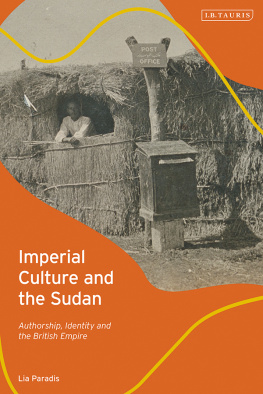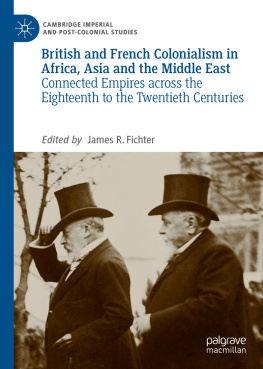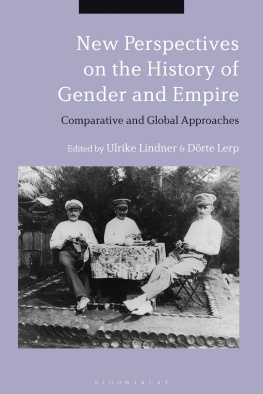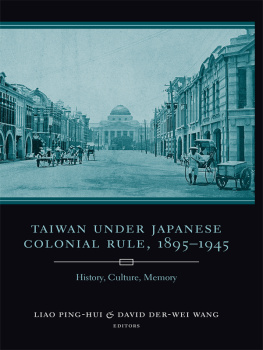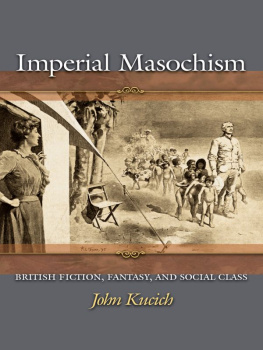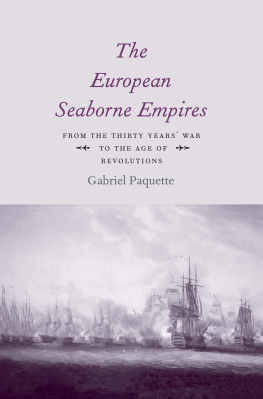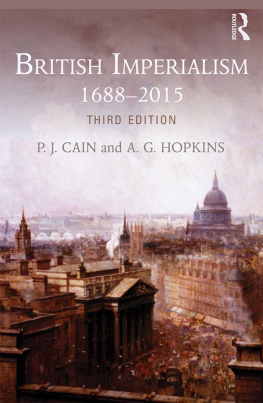Published in 2020 by
Berghahn Books
www.berghahnbooks.com
Portuguese-language edition
2009 Diogo Ramada Curto and Editora da Unicamp
English-language edition
2020 Diogo Ramada Curto
Originally published in Portuguese in 2009 by Unicamp, Brazil
All rights reserved. Except for the quotation of short passages
for the purposes of criticism and review, no part of this book
may be reproduced in any form or by any means, electronic or
mechanical, including photocopying, recording, or any information
storage and retrieval system now known or to be invented,
without written permission of the publisher.
Library of Congress Cataloging-in-Publication Data
Names: Curto, Diogo Ramada, author. | Aiken, Alison, translator.
Title: Imperial culture and colonial projects : the Portuguese-speaking world from the fifteenth to the eighteenth centuries / Diogo Ramada Curto ; translated by Alison Aiken.
Other titles: Cultura imperial e projetos coloniais. English
Description: English-language edition. | New York : Berghahn Books, 2020. | Originally published in Portuguese in 2009 by Unicamp, Brazil. | Includes bibliographical references and index.
Identifiers: LCCN 2020015788 (print) | LCCN 2020015789 (ebook) | ISBN 9781789207064 (hardback) | ISBN 9781789207071 (ebook)
Subjects: LCSH: Europe--Territorial expansion. | Civilization, Modern--European influences. | Europe--Colonies. |
Colonization--History. | Discoveries in geography.
Classification: LCC D210 .C8513 2020 (print) | LCC D210 (ebook) | DDC 940.1--dc23
LC record available at https://lccn.loc.gov/2020015788
LC ebook record available at https://lccn.loc.gov/2020015789
British Library Cataloguing in Publication Data
A catalogue record for this book is available from the British Library
ISBN 978-1-78920-706-4 hardback
ISBN 978-1-78920-707-1 ebook
Introduction
This collection of essays is part of a larger strategy for a cultural history of the Portuguese Empire. They were published mostly in Portuguese from 1997, although they have also appeared in English and French. To call them chapters would be constricting, since the word, in spite of everything, has a global meaning and belongs to someone who wants to define the emergence of a unit connected with the formation of a national identity Capistrano de Abreu, Srgio Buarque de Holanda and Antnio Candido. It is better to go to the seventeenth century to note the expressions of several discourses, the miscellany and epanaphora used by Manuel Severim de Faria, Miguel Leito and D. Francisco Manuel de Melo. In all the studies, analyses of events, biographies and literary exercises listed under such expressions, there was a moral dimension or a political lesson that was seen as inherent to any act of evincive creation. I was inspired by this dimension to trace the different relationships between the sphere of production of discourses realizing that today only some of them are considered as being of a literary order and a sphere of political activity. This book also contains the heterogeneous character of each of the fragments related to the whole that the writers of the seventeenth century exemplified in their works, determined as they were to break with some of the rhetorical canons that were more firmly in place. On this, Leito de Andrade spoke provocatively of his Miscelnea (1629) as being a salad. The Chantre de vora, Severim de Faria, went further, considering that his Discursos Varios Politicos (1624) were a preparation for a great work to be published later, so capable of being compared with the Batracomiomaquia, a satirical poem attributed to Homer that was believed to have been written as a preparation in the writing of epic poetry. Seeking to legitimize himself through an allusion to one of the most classic works of antiquity and a genre seen as epic, the Chantre thus introduced, in his reflection on the forms of saying and making policy, an effect that was comparable with satirical parody of the epic poems of Homer.
In spite of its fragmentary and incomplete character, the intention of this book is to analyse how the Portuguese expansion was regarded and recorded in writing. It is a process that implies the formation of an imperial culture that is hard to reduce to a homogenous whole, where glorifying tendencies are combined with criticisms of the most diverse situations and types of organization; that is, where the most dogmatic interpretations of an imperial identity in its various configurations were accompanied by doubts and reflections of scepticism regarding the expansionist mission. The almost constant existence of colonial projects was one of the most regular dimensions of this culture; it married the analysis of imperial frameworks with the almost utopian idealization of scenarios of control and was therefore compatible with situations in which the Portuguese presence was extremely weak. Besides working on this dimension, granting it the standing of a principal argument, a cultural history of the empire interested in reconstructing the point of view of the agents taking part in this process or entering in contact with it would have to consider many other operations of construction relative to the empire: the specificity of each type or tradition in the several forms of communication; the effects of the author on the ideas adopted by groups and social bodies; and the role of institutions (councils, tribunals, districts, etc.) on economic groups and interests demonstrated by centres of political decision-making. Besides these aspects of a more contextual nature, the development of investigation on imperial Portuguese culture will depend on the acceptance of four main aspects that is, the reinforcement of comparative mechanisms, particularly regarding other European empires; the analysis of reactions to the Portuguese and the respective local responses; the broadening of the type of sources besides those considered actually literary; and a work of reflection on the historiographic models and ideological organisms. Clearly, a study of imperial culture that mainly takes note of written records should also make explicit the variety of themes and genres, as is the case with a) linguistic encounters and methods of translation; b) political ceremonies and diplomatic rituals; c) the different discourses that assume a use of the past, from epic poetry to historiography; d) the perceptions of space and the different forms of mapping it out; e) the vast common denominator of descriptions, reports of voyages and scientific expeditions; f) the methods of conversion and religious debates; g) projects, counsels, decisions and instructions on government; h) letters, rumours and the circulation of books; i) more individualized petitions and writing practices; and j) discussions on imperial ideas, discourses of resistance and rebellion, and discourses of economic policy.



